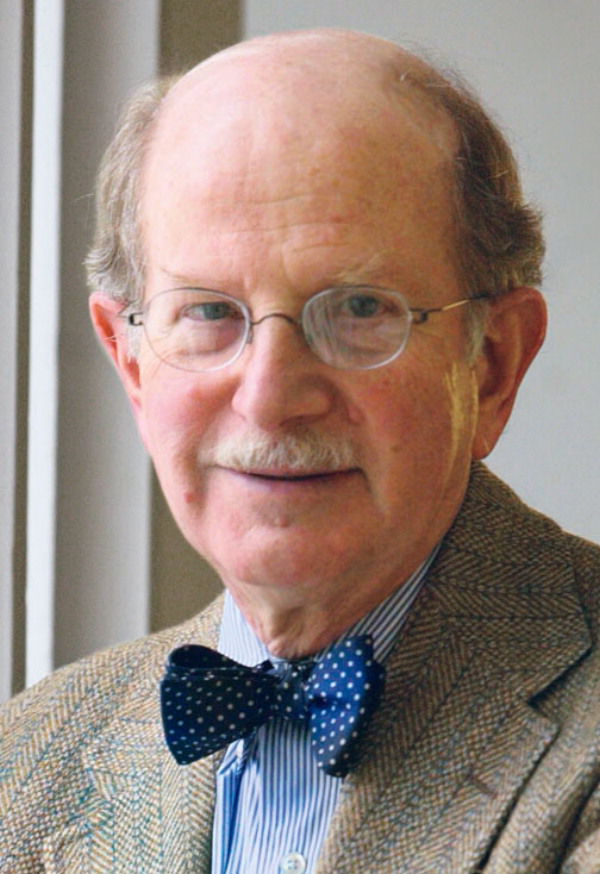By Pam Hersh
After this past week’s tragic and traumatic events that broke records for flags flying half-staff (President Obama has ordered that flags fly at half-staff 67 times, more than any other president), I turned to the International Society for Third Sector Research for some answers. I am aware that this Third Sector stuff sounds like something out of the “X-Files” or “Mission Impossible.” Even its acronym is a little mysterious — ISTR instead of ISTSR, for pronunciation reasons, I would assume.
Its mission, in fact, has zero connection to violence, conspiracy, and self-destructing messages. ISTR, according to its website, is an organization committed to building a growing global community of scholars dedicated to the creation, discussion, and advancement of the highest quality of knowledge pertaining to the Third Sector and its impact on human and planetary well being.
”Third Sector” simply refers to non-governmental, non-profit (more accurately not for personal profit) organizations that are value driven. Third Sector is where many turn in times of political and social and economic strife, which is how I got interested in the organization. Perhaps these academics have an answer that is eluding the rest of us.
I was introduced to ISTR by Princeton University Professor Stanley Katz, who was in Stockholm last week to give a lecture and receive the ISTR Lecture Prize — the first time the organization has awarded such an honor. Stan, a scholar of the so-called civil society, always has been my go-to academic for questions about our uncivil society. In addition to his lectures and writings on philanthropy, civil society and peace organizations, Stan writes/researches/talks about higher education, constitutionalism, legal history and liberal education.
When he is not talking about “his” Chicago Cubs (he does not own them, but would if he could), Stan is wracking his brain about how we as a society can do better. And all of us have been smacked in the face this year with plenty of evidence that we as a society need to do better.
His speech at the ISTR conference was titled: “Can We Save the World through Generosity? Philanthropy Scholarship in the Age of the Mega-foundation.” With that name, I was willing to bet all the nickels and sticky address labels I have received from Third Sector organizations enticing me to make a donation, that Stan was suggesting our salvation rest in the hands of these mega-foundations. The mega-foundations, each having assets of more than $1 billion, could change the world by changing depressing socio-economic battleground to stop the violence and the tragedies. Right?
Wrong. According to Stan, the billions of dollars would be helpful in curing society’s ills, but his decades of research about the Third Sector have convinced him that the mega-foundations never should be the delivery system. “The emergence of huge and generally secretive grant-making organizations poses a threat to democracy in the United States and elsewhere,” said Stan. Citizens have relegated their decision- and -policy-making responsibilities to a few very wealthy people, who may be benevolent, but who are disassociated from the democratic process.
”We need better government at all levels of government. What we are seeing is a failure of government and the government’s ability to tap into the resources necessary to tackle society’s problems — and not just tackle problems in a way that Bill Gates or Mark Zuckerberg think is best. We did not elect them. We need to let the democratic process work,” he said.
His words ring depressingly true as I watch the collapse of our state government’s ability to deal with our collapsing infrastructure, and the sputtering of federal government officials incapable of getting together to tackle the growing economic inequities and mental health issues causing such havoc in our society. We need sustainable, well-conceived and well-funded initiatives that our democratically elected governments can implement.
My only message to myself and my friends and neighbors is that we all need to stop talking about moving to Canada, stop imploring Bill Gates to “do something” and work to strengthen our governments in any way we can, so the Third Sector mega-foundations can work within our democratic parameters rather than outside of them.
Our responsibilities could be as simple as finding good candidates to run for office, volunteering on municipal committees and at minimum just responding to the mayor or police chief when they ask for suggestions as to how to create a more inclusive community.

